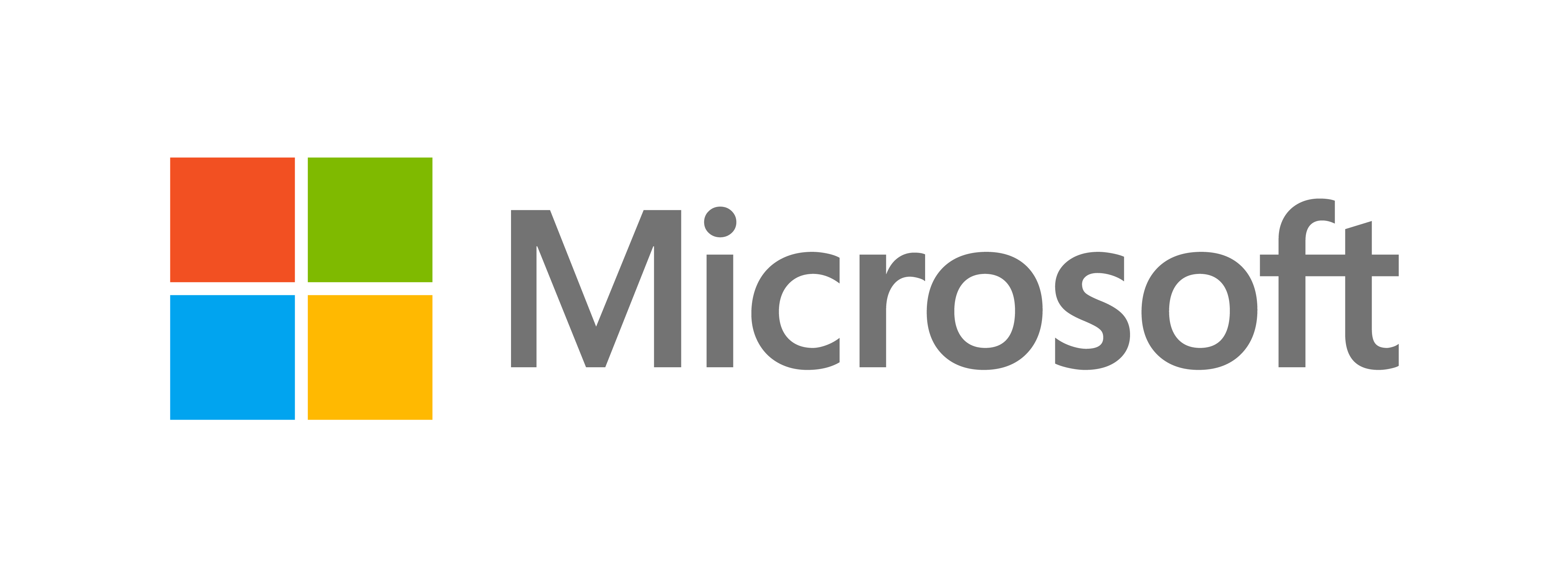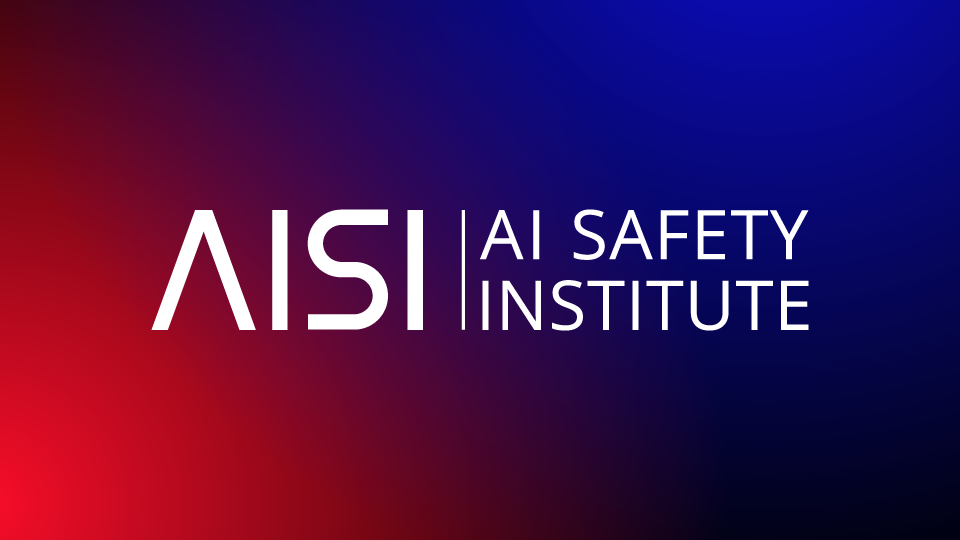While OpenAI’s ChatGPT and Google’s Gemini dominate headlines, Meta’s AI is making quieter, but arguably more unsettling, progress. According to CEO Mark Zuckerberg, Meta’s AI is advancing rapidly and, crucially, learning to improve without external input.
In a blog post titled ‘Personal Superintelligence’, Zuckerberg claimed that Meta AI is becoming increasingly powerful through self-directed development. While he described current gains as modest, he emphasised that the trend is both real and significant.
Zuckerberg framed this as part of a broader mission to build AI that acts as a ‘personal superintelligence’, a tool that empowers individuals and becomes widely accessible. However, critics argue this narrative masks a deeper concern: AI systems that can evolve autonomously, outside human guidance or scrutiny.
The concept of self-improving AI is not new. Researchers have previously built systems capable of learning from other models or user interactions. What’s different now is the speed, scale and opacity of these developments, particularly within big tech companies operating with minimal public oversight.
The progress comes amid weak regulation. While governments like the Biden administration have issued AI action plans, experts say they lack the strength to keep up. Meanwhile, AI is rapidly spreading across everyday services, from healthcare and education to biometric verification.
Recent examples include Google’s behavioural age-estimation tools for teens, illustrating how AI is already making high-stakes decisions. As AI systems become more capable, questions arise: How much data will they access? Who controls them? And can the public meaningfully influence their design?
Zuckerberg struck an optimistic tone, framing Meta’s AI as democratic and empowering. However, that may obscure the risks of AI outpacing oversight, as some tech leaders warn of existential threats while others focus on commercial gains.
The lack of transparency worsens the problem. If Meta’s AI is already showing signs of self-improvement, are similar developments happening in other frontier models, such as GPT or Gemini? Without independent oversight, the public has no clear way to know—and even less ability to intervene.
Until enforceable global regulations are in place, society is left to trust that private firms will self-regulate, even as they compete in a high-stakes race for dominance. That’s a risky gamble when the technology itself is changing faster than we can respond.
As Meta AI evolves with little fanfare, the silence may be more ominous than reassuring. AI’s future may arrive before we are prepared to manage its consequences, and by then, it might be too late to shape it on our terms.
Would you like to learn more about AI, tech and digital diplomacy? If so, ask our Diplo chatbot!










